By 2050, there will be over 6.5 billion people living in urban spaces according to a United Nations report, making it a real future challenge to feed them all. Vertical farming is becoming a critical component of agriculture’s future. This concept aims to optimize plant growth and soilless farming techniques using as little space and transport as possible. In this podcast we discussed with Duccio Piovani, Head of Data Science at Agricola Moderna, to know how Data Science is playing an important role in the Vertical Farming revolution.
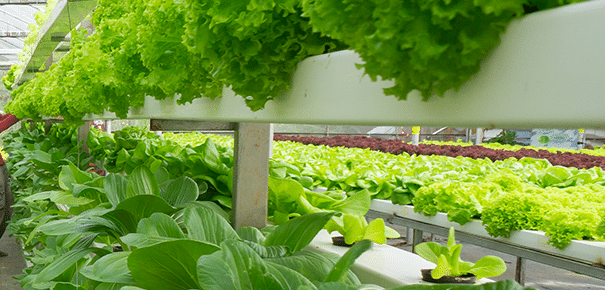
What is the role of Data Science in Vertical Indoor Farming?
Our Business & Decision Expert Podcast strive to answer business questions in the domain of Data & Digital. For this episode, we will deep dive into the subject of Vertical Farming and more specifically regarding the role of Data Science and new technologies to better monitor & control growing crops.
What we will discuss in this podcast episode:
- Short introduction to Vertical Indoor Farming
- How Vertical Farming is transforming the food production supply chain?
- What are the advantages and disadvantages with Vertical Farming?
- How Data Science is helping to recreate the plant environment mitigating all the risks related to traditional agriculture (pesticides, water scarcity…)
- What are the key technologies used for the study of plants grown in Vertical Farming? (Sensors, LED lighting, etc…)
Gerrit Denayer, Business & Decision Marketing Director, received Duccio Piovani,Phd in Applied Mathematics and Head of Data Science at Agricola Moderna, to cover this topic.
Listen to the full podcast:
Duccio: First of all, we have to be clear that it’s very hard to produce staples. So all those products that are rich in calories and energy, the energetic intake of our diets plant based will be very hard to do in vertical farming as long as the electricity is produced with the methods we know today. Because you would have to sell, I don’t know, pasta for 50 euro a pack if he even managed to do. Regarding the people who believe in sustainability, I don’t think they would be would be willing to spend 50 euros for a bit of pasta.
That is definitely a limitation but this is why I tried to touch on this immediately: vertical farming is not the silver bullet that will solve all the agricultural issues. It has some advantages today. We believe that thanks to an important use of technology, and an easy way of adopting it, let’s say it’s it will improve in the next decade, more crops will be viable in vertical farming. But so this is the main reason we are very optimistic about it yesterday, we cannot grow very important sides of our diets, but we probably will be able to do something more in 10 years. And in the meantime, we can really concentrate on the nutrients. So we really try to impose new properties to the plants and not on the energy side but on the element. So you know the nutritious side of the plants which you can try to impose with the growing conditions, which is very important.
Last thing I want to add on this is the genetics, so many seeds that have been discarded in field because considered “too weak”. They can be now taken and grown in a vertical format.
Gerrit: So you have a broader diversity as well in flavors and specific plants in herbs, you can grow in a vertical farm than you would be able to do in open air.
Duccio: That was a great summary of what I wanted to say. Thank you!
Gerrit: Nice! (…) Let’s switch a little bit from from the pure agriculture part into you know, how does data and applied data science matches to agriculture? And how are you able to optimize what you’re doing? Because I think everybody is very comfortable within a business scenario in banks and insurances and retail on how you handle data. But I don’t think, if you think about vertical farm, data is the first thing to think about. So what is the link? And how from with your background in data science, can you help in becoming successful with Agricola Moderna?
The data science role is really to acquire large amounts of data of all types. So we acquire environmental data through sensors, images, which creates a story on the plant quality and on quality of the plant yield.
Duccio piovani
Duccio: The role of data science in vertical farming is huge. Probably I mean, we believe in Agricola Moderna, we have three pillars in the development. With Engineering: how do you you manage to recreate and control the environment you wish, which is not easy. And of course the plant science is probably the most important side and then there is the data science.
The data science role is really to acquire large amounts of data of all type. So we acquire environmental data through sensors, images, which does a story on the plant quality and on quantity of the plant yield. We collect data on the nutrients, all the elements but of course also on other aspects of the water that we are giving to the plants so pH, electric conductivity, water temperature, and so on and so forth. So, then there’s of course manual data which we which is acquired by our agronomy.
So, we are starting to speak about a large amount of data which is let’s say heterogeneous because data is at different scales. So one day that one data point may speak about a whole room a one about a whole tray another will about just, you know, perhaps a bunch of trays so the data is tabular, images it’s of different types, speaks about different things and it’s at different scales. So we have a large heterogeneous data set, I would say and this keeps growing everyday right because we monitor all the production process
Gerrit: On the vision part, you’re taking pictures I mean, obviously the digital pictures, I assume you’re using computer vision as well to recognize that the plants don’t grow well if they grow at the pace you’re acting for. To what extent do you use like Advanced Data Science in that part of the industry or in that part of your business?
Duccio: Sure, well, we definitely use computer vision. So we take images on our plants when they are in our production facility when they come out to check the quality and automate some of the checks. So we use a deep learning algorithms to recognize what a leaf is and try to extract morphological aspects. So let’s say height, surface of the leaves and presence of pathogens and stress. A part of this is done in house butt we have to say that there is a whole ecosystem of startups that are really specializing on verticals, so they provide you with the sensor and with the algorithms already that they have been developing. And then given that these startups are usually at a very early stage, they’re very happy to customize the products for you. So we are doing this in house. So we are we have a bunch of algorithms that we are developing and we are working with some cameras, RGB cameras, depth sensors. And we also work with multispectral and hyperspectral cameras, which are cameras that go beyond the visible spectrum and they invade the infrared into the near infrared. So those are let’s say the wavelength that goes from 700 nanometers right after the red till 1000. So this is where some of the information of the plant is contained. Then there are another types of the SW IR which go to 1700. So just to say that there is a lot going on, even on the vision side, both hardware and software. And we are both developing things by ourselves. But sometimes we are starting partnerships with with startups that are really experts in that segment. So for example, we have a partnership with NIREOS, which is a startup in Milan, who has invented a new type of hyperspectral camera based on a different principle and they were very happy to test the product in the agricultural space. So we are building all the signals.
So when is the plant to already going becoming old? Are there any stress? What’s the amount of chlorophyll that we can find in the plants? We are looking at those are all things are all signals that we are developing together They have the hardware, we provide the plant knowledge plus the algorithms.
Business & Decision Expert is a podcast where we talk about Data, AI & Digital topics. We receive every month Data & Digital experts to discuss how Data is revolutionizing our daily lives and we strive to answer business question related to digital transformation. We aim to gather a community of Data passionate people around our podcast where everyone can learn something in a relaxed and fun way.
You can listen to us on Soundcloud, Apple Podcast, Spotify or other podcast platforms.

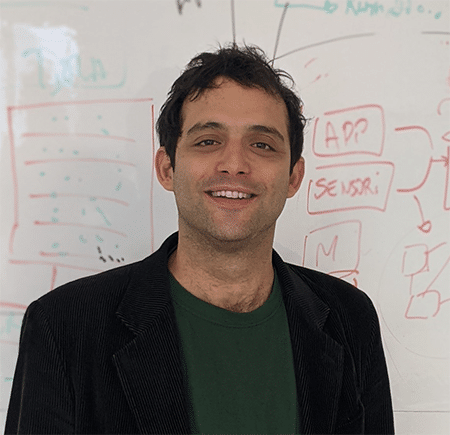
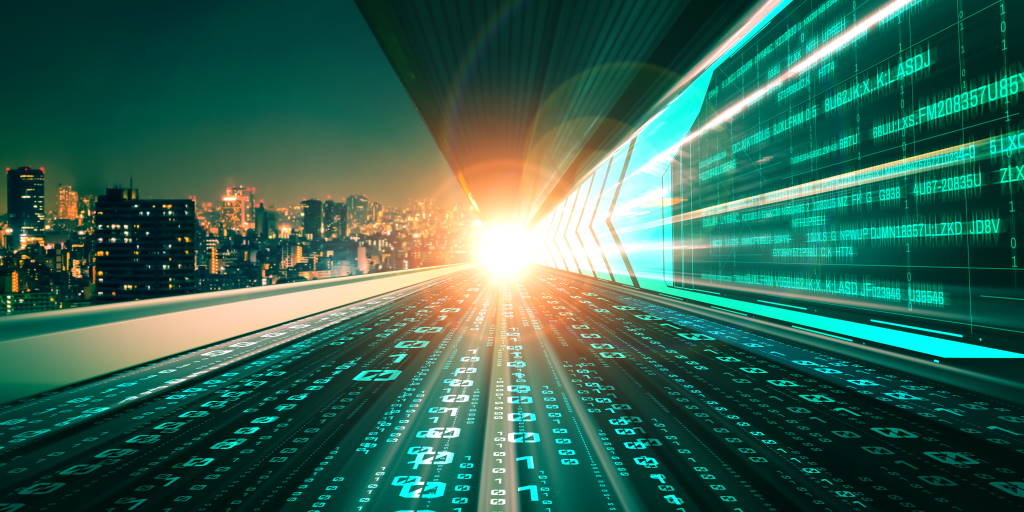
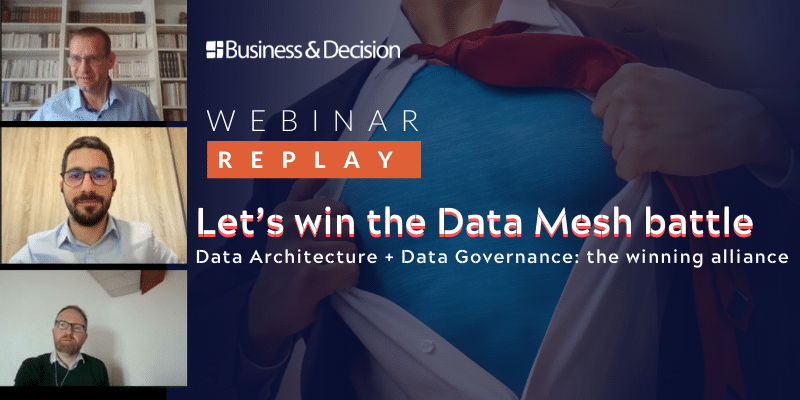
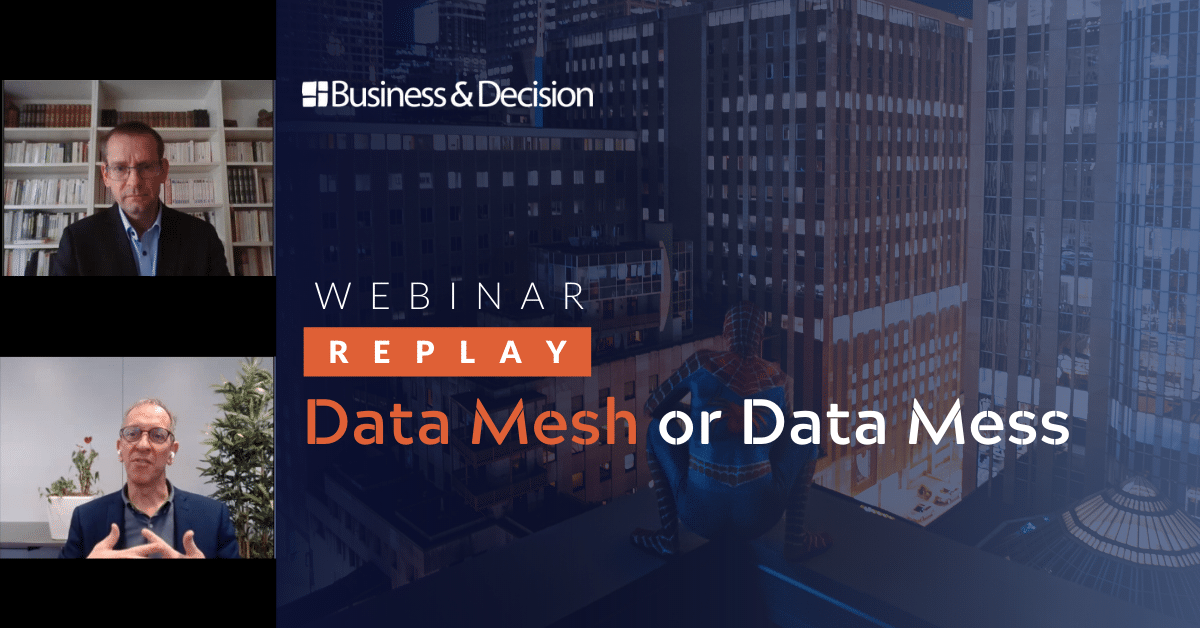
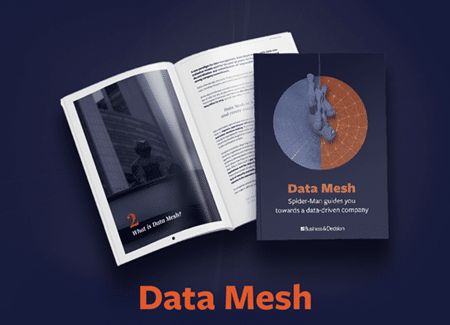

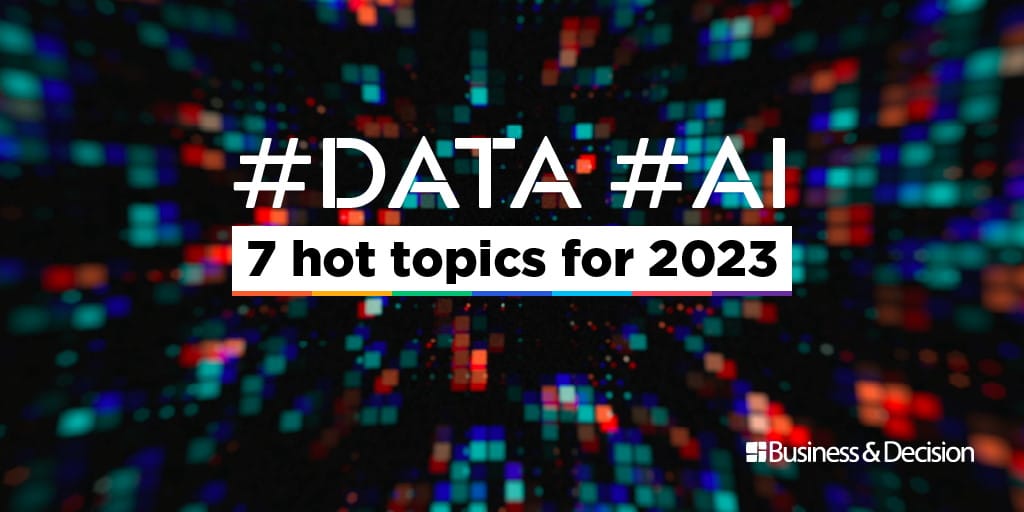





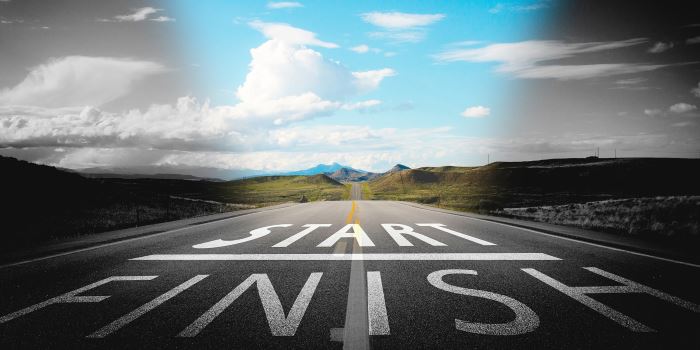
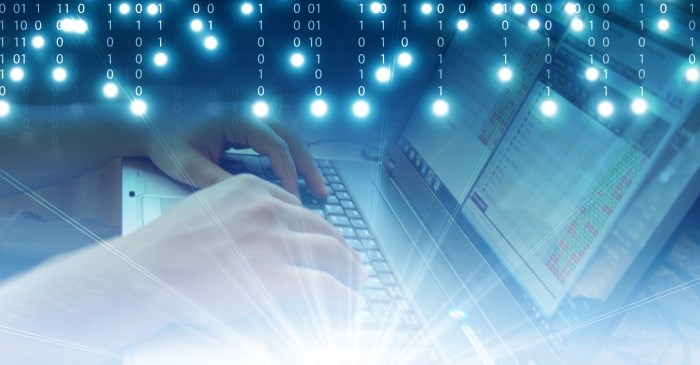
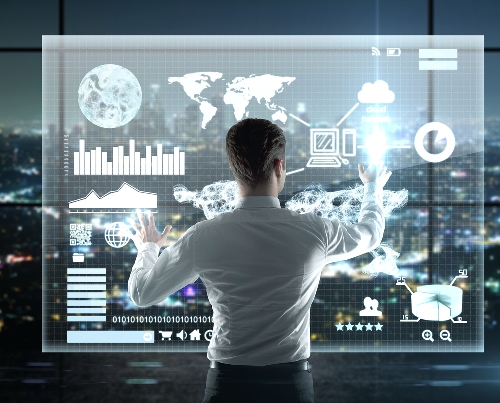
Your email address is only used by Business & Decision, the controller, to process your request and to send any Business & Decision communication related to your request only. Learn more about managing your data and your rights.